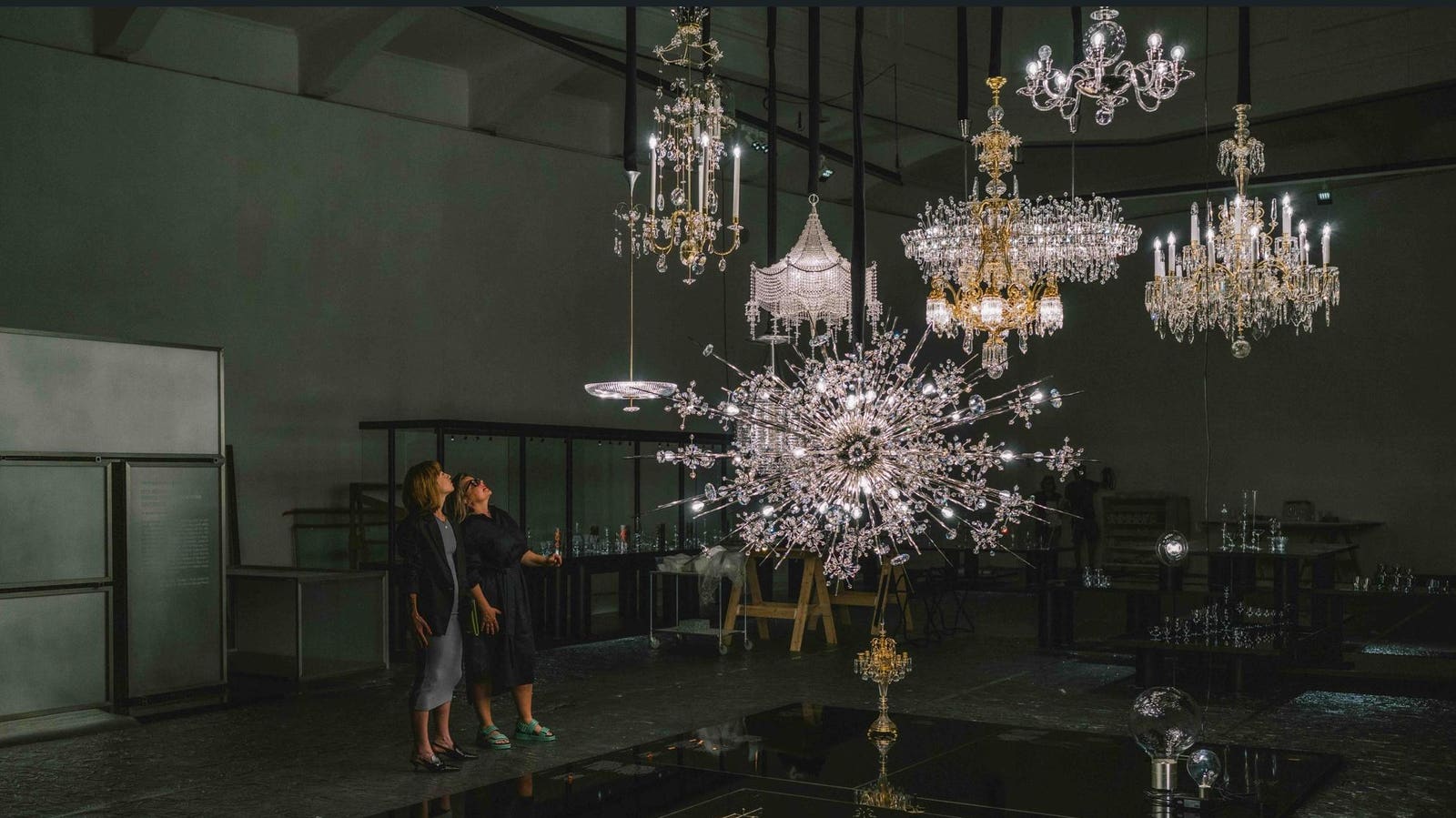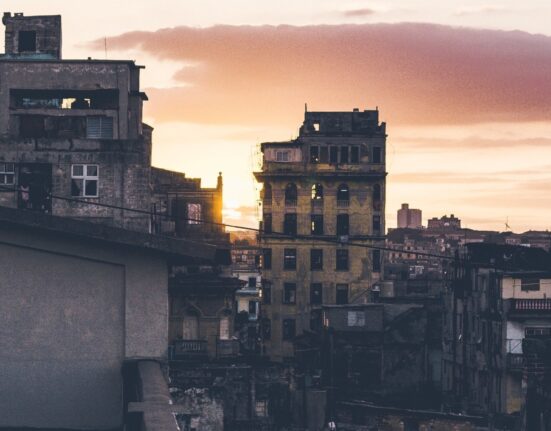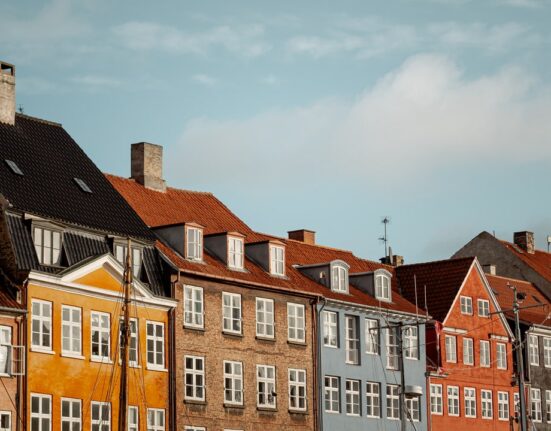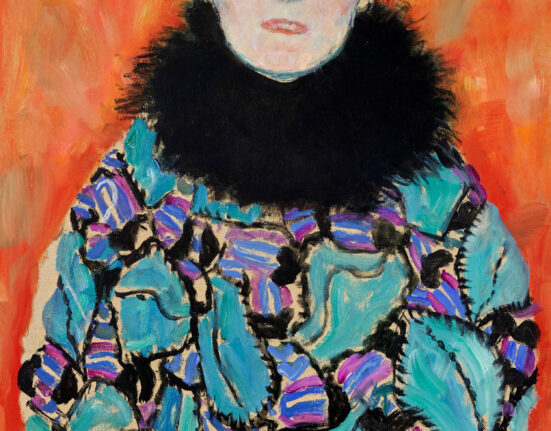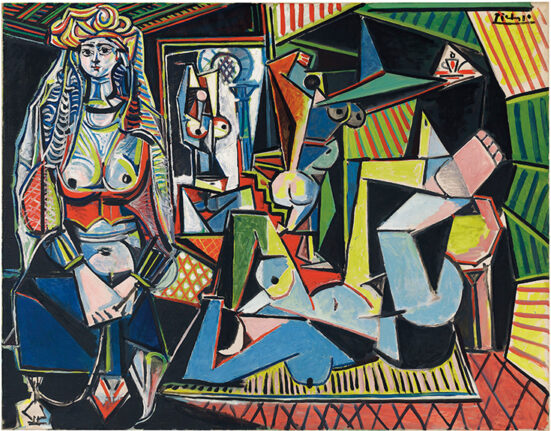By: Christos Makridis
In an era where remote work has become more of a norm, cities increasingly must differentiate themselves to attract and retain residents. In the heart of Europe, the city of Vienna has long been a nexus for culture, known for legendary composers and artists. But Vienna is not just a haven for artists; it’s also emerging as a hub for business and innovation due to intentional city planning, offering a model for other cities aiming to blend cultural richness with economic vitality.
Vienna State Opera at night
Source: Pedro Menezes on Unsplash
Innovation in Vienna: Bridging Art and Commerce
The onslaught of policies during the pandemic had a substantial effect on the arts sector, particularly in the performing arts, which experienced the largest employment declines out of all sectors, according to research published in the Brookings Papers on Economic Activity.
Many artists in many countries, like the United States, have faced rapidly deteriorating economic prospects, according to my recent research in the Journal of Cultural Economics. However, artists in Vienna have fared better than those in most other locations. While artists in Vienna gross an average of 3,400 EUR per month similar to the 3,420 EUR per month in Berlin and an approximate 4,700 EUR in New York City, Vienna touts a much lower cost of living than its international counterparts ranking in the middle of the distribution with nearly half the costs of New York City, according to the City of Vienna and its business location figures.
Vienna’s art scene is vibrant and diversified, thanks to a blend of traditional institutions and contemporary spaces. The Vienna State Opera, one of the city’s greatest attractions, boasts attendance upwards of 90% on a regular basis, which contrasts with the large vacancies at the Metropolitan Opera in New York City, for instance.
Beyond the performing arts, Vienna differentiates itself by offering significant funding to creative businesses, rather than artists. The Vienna Business Agency provides funding on various levels and to different target groups, including galleries and museums looking to implement digital solutions. “Vienna takes targeted action to tap into this wellspring, funding competitions for creative businesses on relevant societal issues, such as reviving vacant ground floor spaces or shaping the future food. The goal is to channel the city’s creative spark and openness to innovation, and use it to shape the way people live, conduct business, and ultimately see the future,” said Gerhard Hirczi, the Managing Director of the Vienna Business Agency.
The interplay between art and commerce manifests in a tangible and advantageous manner. The city’s rich calendar of cultural events, including notable occasions like the Vienna Opera Ball and various art exhibitions, serves as a networking bedrock for business professionals. These events are not mere celebrations of artistic expression but are venues where trust, a cornerstone of business interactions, is nurtured among individuals and enterprises.
“Vienna’s grand cultural trailblazers taught us to celebrate the role of creativity in shaping the future. Like architect Margarete Schütte-Lihotzky, inventor of the modern kitchen, the so-called “Frankfürter Küche” that conquered the world. Or actor Hedy Lamarr, who developed frequency hopping—the technology behind WiFi, Bluetooth, and GPS. Great creative minds sense shifts and anticipate innovations—that’s why Vienna strives to offer these leading lights meaningful opportunities,” Hirczi continued.
The convergence of diverse minds at cultural events fosters a unique environment conducive for business dialogues and the cross-pollination of ideas. Vienna’s vibrant art scene attracts a wide array of individuals, including entrepreneurs and investors, making the city a hub for both artistic and commercial endeavors. Participation in these events builds social capital by uniting people around common values and traditions, laying the foundation for commerce.
Vienna’s Cultural Landscape: A Magnet for Artists
Vienna is known for its tourism. The economic impact induced by tourism in Vienna came to $4.7 billion EUR and accounted for 4.8% of its GDP in 2018, according to the government. However, the bulk of economic activity in the city comes from professional services with 17% of employment concentrated in finance and consulting, followed by retail at 13% and health and public administration both at 10%, according to the latest 2023 data.
A large body of economics and finance research has found that trust is a necessary input for investment and commercial activity. “There is a positive effect of trust on investments. The effect is highly significant, both statistically and economically,” said Professors Laura Bottazzi, Marco Da Rin, and Thomas Hellmann in their 2016 article in Review of Financial Studies.
More recent research by Professors Richard Thakor and Robert C Merton has also found that organizations with greater trust operate in more complex product spaces. “Our research suggests that trust enables organizations to work on more complex products—trusted organizations can more readily get funding to develop them and customers will be more willing to adopt them. Since many of the innovations we see come from complex work, trust can therefore be essential for the functioning and growth of an economy,” said Richard Thakor.
Given the importance of trust for commercial activity, artistic and cultural institutions play a major role in creating the conditions where trust can form. In particular, such institutions allow people who may differ in their worldviews, political or otherwise, to gather and engage with shared norms and principles of beauty and truth. Such gatherings promote the formation of social capital by reminding people of the values that bind us together.
While it is easy to focus on emerging technologies, such as artificial intelligence and blockchain, the greatest value often accrues at the intersection of the old and the new. The Viennese city government has renewed its commitment to the old and the new through its 2030 vision, focusing on six areas of leadership: smart solutions for the 21st century city, Vienna as a metropolis of health, digitization (Vienna-style), smart production in a big city, a place of international encounter, and Vienna as a metropolis of culture and creativity. To that end, the city intentionally supports innovative activities through grants and other subsidies for research and development (R&D) initiatives.
“Supporting innovation and investing in R&D are fundamental pillars in the strategy currently shaping Vienna. With one of the densest funding networks for pre-seed startups in Europe, as well as countless grants and programs available for research, the city lives and breathes innovation. The numbers speak for themselves—Vienna’s research quota stands at over 3.6%, and in the last five years, scientists at Viennese institutions were awarded three Nobel prizes. It’s no coincidence that Emmanuelle Charpentier began her work on her genome tool in Vienna, nor that Anton Zeilinger conducted his ground-breaking research at the University of Vienna. Deeply aware that new technologies and innovations harbor great opportunities, the city prizes and promotes innovations that lead to true sustainability and inclusion,” said Peter Hanke, Executive City Councillor for Finance, Business, Digital Innovation, and International Affairs.
The way Vienna has embraced both realms demonstrates a pragmatic yet enriching approach towards building a city that not only cherishes its historical roots but is also attuned to modern-day economic imperatives. Through a balanced embrace of artistry and commerce, Vienna sets a precedent for how cities can evolve into vibrant hubs of culture and innovation, thereby enriching the lives of their inhabitants and the global community.

